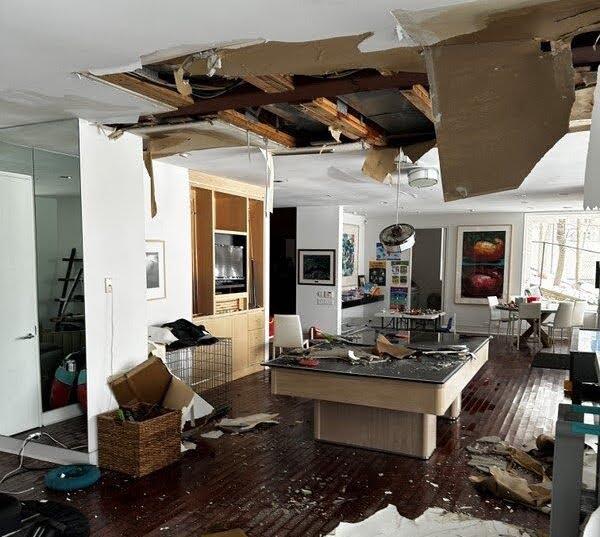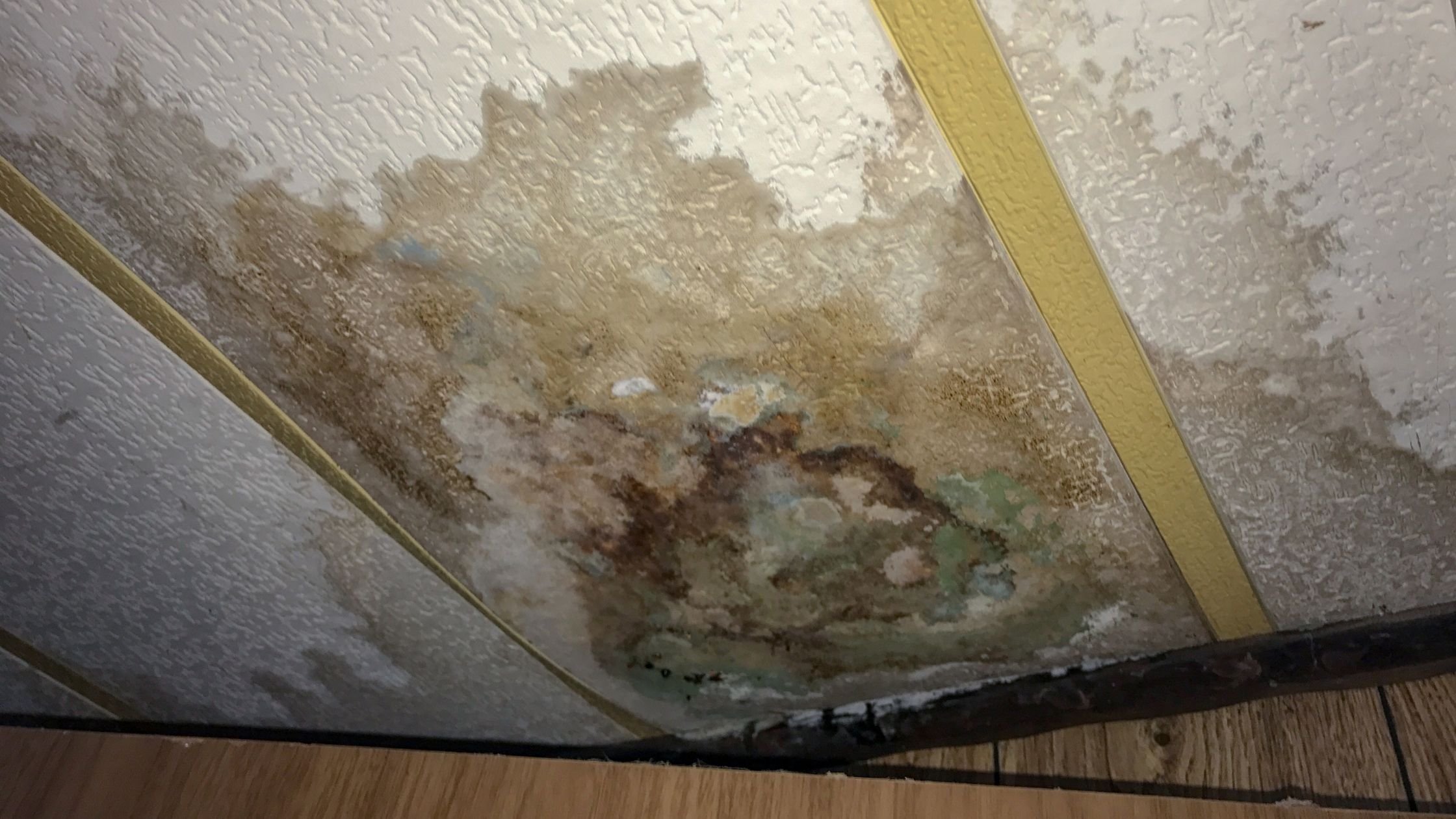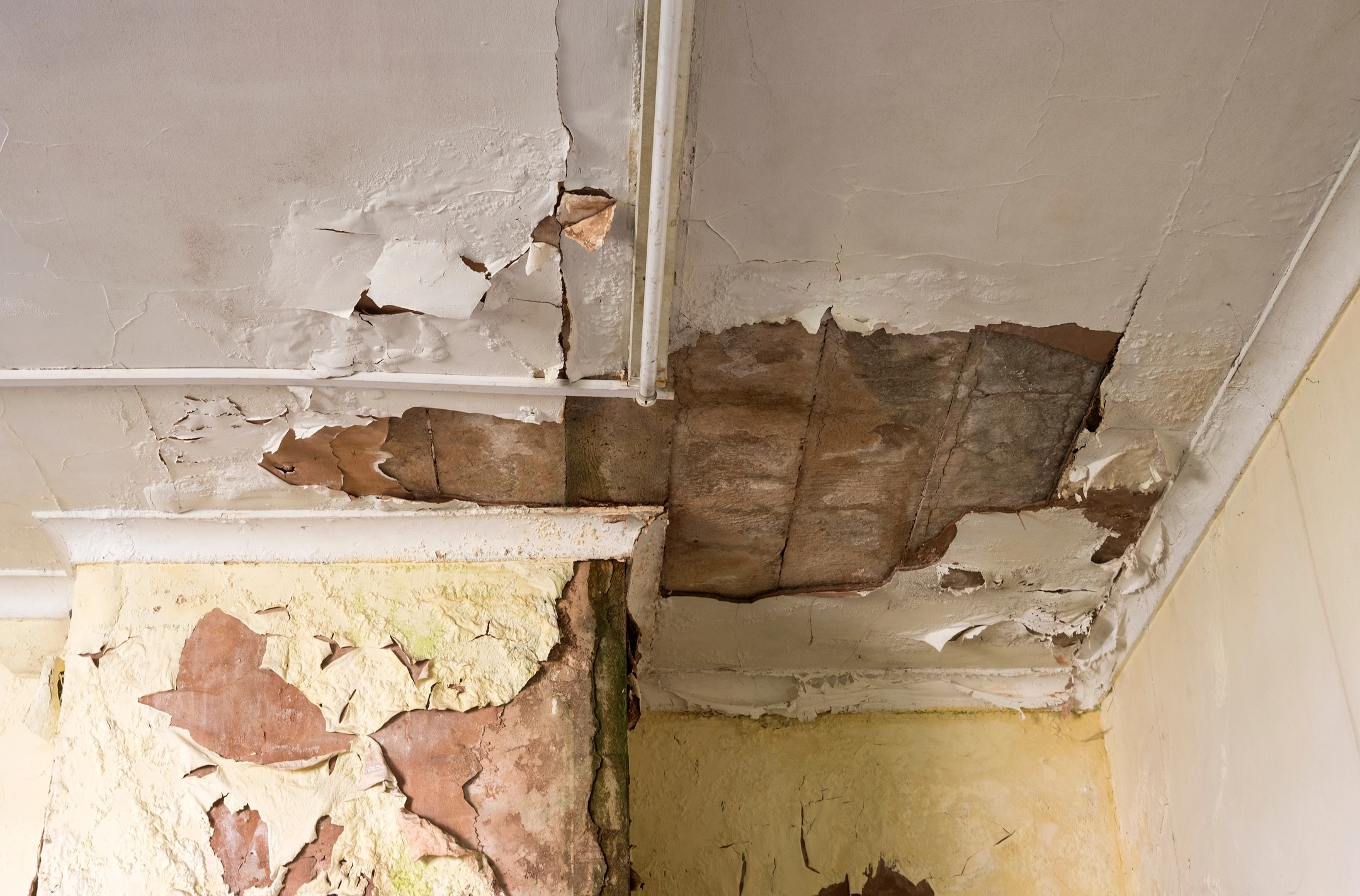Top Water Mitigation Company for Fast Response and Quality Service
The Process of Water Damage Clean-up: Guaranteeing Your Home Is Restored Efficiently
Water damage can be a difficult difficulty for home owners, necessitating a organized and meticulous cleanup procedure to restore security and performance. Initially, a comprehensive analysis is vital to determine the level of the damages and identify the suitable remediation steps. Following this, effective water extraction methods play a critical function in minimizing additional injury. The nuances of drying, disinfecting, and ultimate repair are similarly vital and commonly overlooked. Comprehending these phases can make a significant distinction in the end result of your home's restoration, triggering a closer take a look at what each step involves.
Examining the Damage
Upon uncovering water damage, the very first step is to completely evaluate the level of the influence. This preliminary examination is important, as it assists determine the necessary actions for efficient cleanup and reconstruction. Begin by checking the affected locations, including walls, ceilings, floorings, and personal items, to recognize the source of the water breach, whether from flooding, leakages, or condensation.
Documenting the damages is vital for both insurance coverage claims and intending remediation initiatives - damage restoration services. Use photographs and composed notes to capture the intensity of the damage, keeping in mind any damaged structural components and materials. Pay unique attention to areas that might not be promptly visible, such as behind wall surfaces and under carpetings, as hidden dampness can result in more problems, consisting of mold development
Additionally, examine the timeline of the water exposure. The longer the materials continue to be damp, the higher the possibility for damage. Comprehending the period of exposure will certainly inform the seriousness of removal efforts. Inevitably, an extensive analysis prepares for an effective water damage cleaning procedure, guaranteeing that all influenced locations are addressed successfully and extensively.
Water Removal Strategies

Professionals typically employ completely submersible pumps for bigger quantities of water, which can swiftly ease flooding in cellars or other affected locations. For smaller sized quantities, wet/dry vacuums are frequently used to remove recurring wetness from rugs and hard surface areas. In addition, utilizing portable extractors allows for targeted elimination in restricted spaces or locations with fragile materials.
In circumstances of infected water, such as sewer or floodwater, advanced extraction techniques might include the usage of biohazard devices to make sure safety and security and compliance with wellness guidelines. High-powered removal devices are vital in minimizing water retention in structural materials, which can lead to mold and mildew growth and architectural degeneration if not resolved immediately.
Ultimately, the performance of water extraction strategies plays an essential role in the general success of the water damage clean-up process, laying the foundation for subsequent reconstruction efforts.
Drying and Dehumidification
As soon as standing water has been properly extracted, the following crucial stage in the water damage clean-up procedure is drying and dehumidification. This action is important to protect against further damages and mold and mildew growth, which can happen within 24 to 2 days in damp atmospheres.
To attain efficient drying out, customized anonymous equipment such as industrial-grade air moving companies and dehumidifiers is used. Air movers distribute air throughout damp surfaces, enhancing evaporation prices, while dehumidifiers reduce humidity degrees airborne, promoting a helpful setting for drying. The combination of these tools guarantees that dampness is drawn out from floors, furnishings, and walls, permitting them to completely dry thoroughly.
It is essential to check the drying procedure very closely. Specialists often use wetness meters to examine the wetness web content in numerous products, making certain that all influenced locations get to appropriate dry skin degrees. This careful technique assists to avoid surprise dampness pockets that can bring about architectural damages or undesirable mold growth.

Cleaning and Sanitizing
After the drying out and dehumidification stage is complete, the following essential action in water damage clean-up is cleansing and disinfecting the influenced locations. This process is important to stop the growth of mold and mildew, germs, and other pathogens that prosper in moist environments.
The cleansing phase normally includes removing any kind of debris, dust, and pollutants from surfaces utilizing specialized cleaning representatives. For difficult surface areas, a combination of soap and water or commercial cleaning items is typically employed. Soft products, such as upholstery and rugs, may need more considerable cleaning approaches, including vapor cleaning or deep removal techniques, to make sure extensive hygiene.

Sanitizing complies with cleansing, utilizing EPA-approved anti-bacterials to remove hazardous microbes. This action is important, specifically in locations that may have entered into call with floodwaters or sewer, as these sources can position severe wellness risks.
Furthermore, it is very important to address any staying smells, which might call for using smell water damage floor neutralizers or advanced methods like ozone treatment. Appropriate cleansing and disinfecting not just restore the safety and hygiene of your home but likewise lay the foundation for effective repair and repair work in succeeding phases of the water damage cleanup procedure.
Remediation and Fixings

When the evaluation is complete, reconstruction initiatives can begin. This generally entails fixing or replacing broken products, guaranteeing that all job adheres to regional building ordinance and criteria. As an example, if drywall has actually been endangered, it will require to be eliminated and replaced with brand-new material. Additionally, floor covering may call for similar attention, depending upon the level of water direct exposure.
It is crucial to involve experienced reconstruction experts throughout this process, as they have the competence to handle complicated fixings efficiently. They can help alleviate potential future issues, such as mold development or architectural instability, thus guaranteeing a habitable and secure living environment. Eventually, efficient reconstruction and repairs restore the home's stability and improve its total worth.
Verdict
In conclusion, the process of water damage clean-up is important for recovering a home to its pre-damage problem. Each stage, from assessing the damage to implementing effective water extraction methods, complied with by complete drying out, disinfecting, and essential fixings, plays an important role in guaranteeing security and compliance with building standards. Reliable implementation of these actions not just minimizes prompt damages however likewise improves the long-term integrity and worth of the residential or commercial property.
Water damage can be a challenging challenge for home owners, requiring a structured and meticulous cleaning process to recover security and capability. Ultimately, an extensive assessment lays the groundwork for an effective water damage clean-up procedure, making sure that all affected locations are dealt with properly and completely.
Reliable water extraction strategies are vital in mitigating damage and protecting against additional difficulties complying with a water breach event.In final thought, the procedure of water damage clean-up is critical for bring back a home to its pre-damage problem. Each phase, from evaluating the damage to carrying out effective water extraction methods, followed by comprehensive drying, sterilizing, and essential repair work, plays a crucial role in guaranteeing safety and security and conformity with building standards.